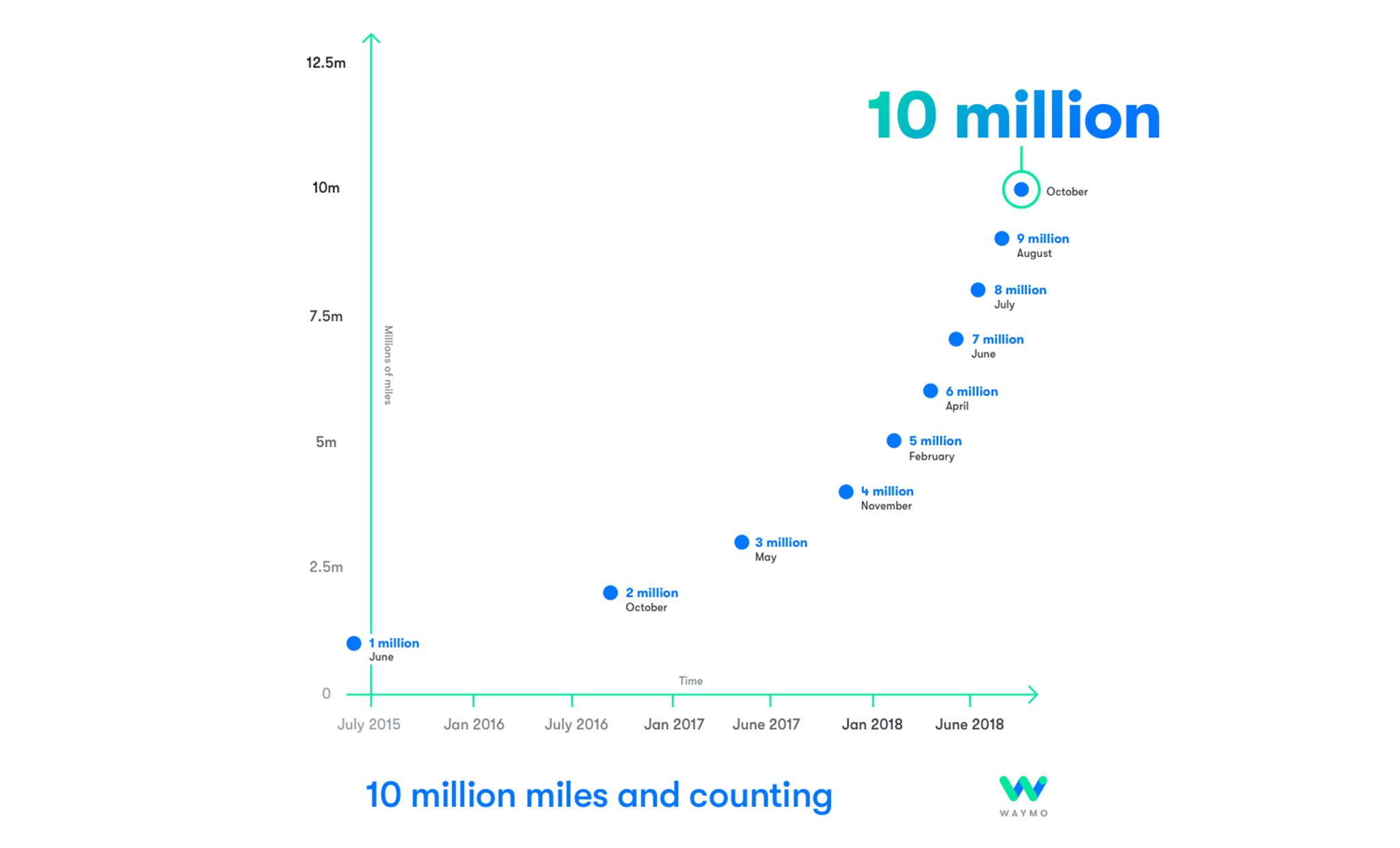Google spin-off Waymo set to beat Uber and Lyft to launch self-driving taxi service
Driverless cars could be picking up paying passengers in the US before the end of the year
Your support helps us to tell the story
From reproductive rights to climate change to Big Tech, The Independent is on the ground when the story is developing. Whether it's investigating the financials of Elon Musk's pro-Trump PAC or producing our latest documentary, 'The A Word', which shines a light on the American women fighting for reproductive rights, we know how important it is to parse out the facts from the messaging.
At such a critical moment in US history, we need reporters on the ground. Your donation allows us to keep sending journalists to speak to both sides of the story.
The Independent is trusted by Americans across the entire political spectrum. And unlike many other quality news outlets, we choose not to lock Americans out of our reporting and analysis with paywalls. We believe quality journalism should be available to everyone, paid for by those who can afford it.
Your support makes all the difference.Alphabet subsidiary Waymo will launch the world’s first commercial self-driving taxi service within weeks, according to a report.
The Google spin-off aims to begin accepting paying passengers in December, Bloomberg reported, with operations beginning in Phoenix, Arizona.
A person familiar with the plans said that the self-driving car service will compete directly with Uber and Lyft, though will not operate under the name Waymo.
The exact date of launch and the name of the service were not revealed, though it is expected to be a relatively quiet affair with a limited number of passengers.
In an emailed statement to the publication, the company said: “Waymo has been working on self-driving technology for nearly a decade, with safety at the core of everything we do.”
A spokesperson for Waymo did not respond to a request for comment from The Independent.
Since launching in 2009, Waymo has completed more than 10 million miles of autonomous driving tests, while also simulating a further 5 billion miles.

Uber has previously stated that it plans to launch self-driving taxis by mid-2019, while Lyft has carried out limited pilot trials in Boston and Las Vegas.
Other companies also working on the technology include car manufacturers Tesla, Volkswagon and Volvo, as well as traditional taxi firms.
Last month, taxi company Addison Lee unveiled plans to roll out self-driving taxis in London by 2021, thanks to a partnership with driverless software firm Oxbotica.
“Urban transport will change beyond recognition in the next 10 years with the introduction of self-driving services, and we intend to be at the very forefront of this change by acting now,” Addison Lee chief executive Andy Boland said at the time.
“Autonomous technology holds the key to many of the challenges we face in transport. By providing ride-sharing services, we can help address congestion, free space used for parking and improve urban air quality through zero-emission vehicles.”
These plans were given the backing of the UK government, after chancellor Philip Hammond said he wanted “genuine driverless vehicles” on British roads by 2021.

Join our commenting forum
Join thought-provoking conversations, follow other Independent readers and see their replies
Comments